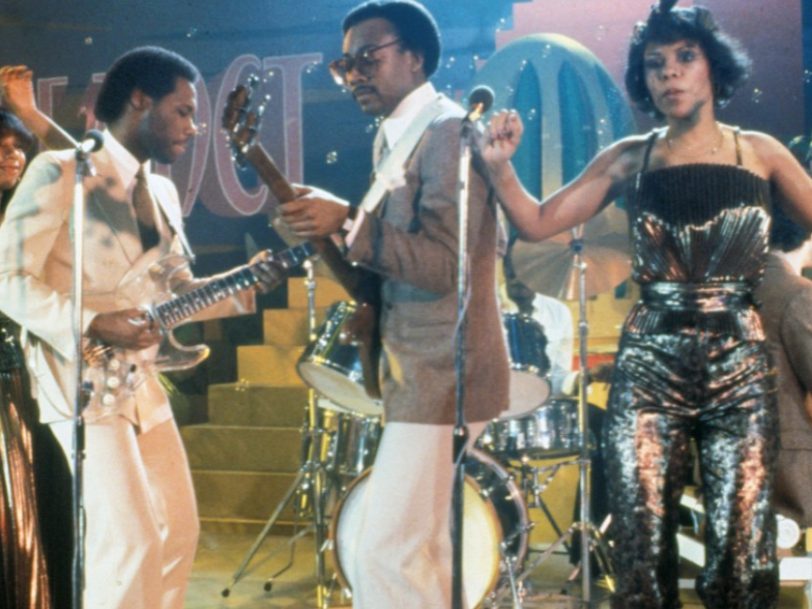By the close of 1978, Chic had been officially crowned disco royalty thanks to their hit Le Freak selling seven million copies and peaking at No.1 in the US. Now with an army of loyal subjects dancing the night away to their music in Studio 54, guitarist Nile Rodgers and bassist Bernard Edwards built on this commercial momentum with I Want Your Love, released as their follow-up single in January 1979.
Listen to the best of Chic here.
Up until this point, most of Chic’s singles had been about dancing, but I Want Your Love saw the group expand their focus. Featured on their second album, C’est Chic, the song upped the BPM but tackled desire and yearning for a lover from afar, mixing universal themes of forbidden romance into their cool-headed style of funk-lite licks. Still gleaming like an 18-carat medallion and always destined to become one of the best Chic songs, I Want Your Love emerged during the band’s disco gold-rush, and it has a rich story behind it.
“I dreamt the song’s arrangement in its entirety”
As if plucked from his inner subconscious, guitarist Nile Rodgers claimed that the melody to I Want Your Love originally came to him in a dream. “I dreamt the song’s arrangement in its entirety,” he said. A song of unrequited love, Rodgers awoke from his slumber and mapped out the whole arrangement on score paper by his bedside. The lyrics, however, were deeply personal to him. “The lyrics came from the fact that I was in love with a girl who was the best friend of my then current girlfriend,” the guitarist added.
Bringing the sheet music to the studio, Rodgers and bassist Bernard Edwards played the dreamy lament note-for-note and began to craft a lushly orchestrated drama to soundtrack the guitarist’s own sense of longing. Keen to establish their reputations as hitmakers-for-hire, Rodgers and Edwards initially intended for I Want Your Love to be released by Philadelphia girl group Sister Sledge – who would soon score a hit with the Rodgers-Edwards-penned We Are Family – but eventually decided it would be best served as a Chic single. Interestingly, however, the Sledge sisters allegedly did record vocal tracks for the song, and Kathy Sledge has claimed that you can just about hear their voices on the chorus.




